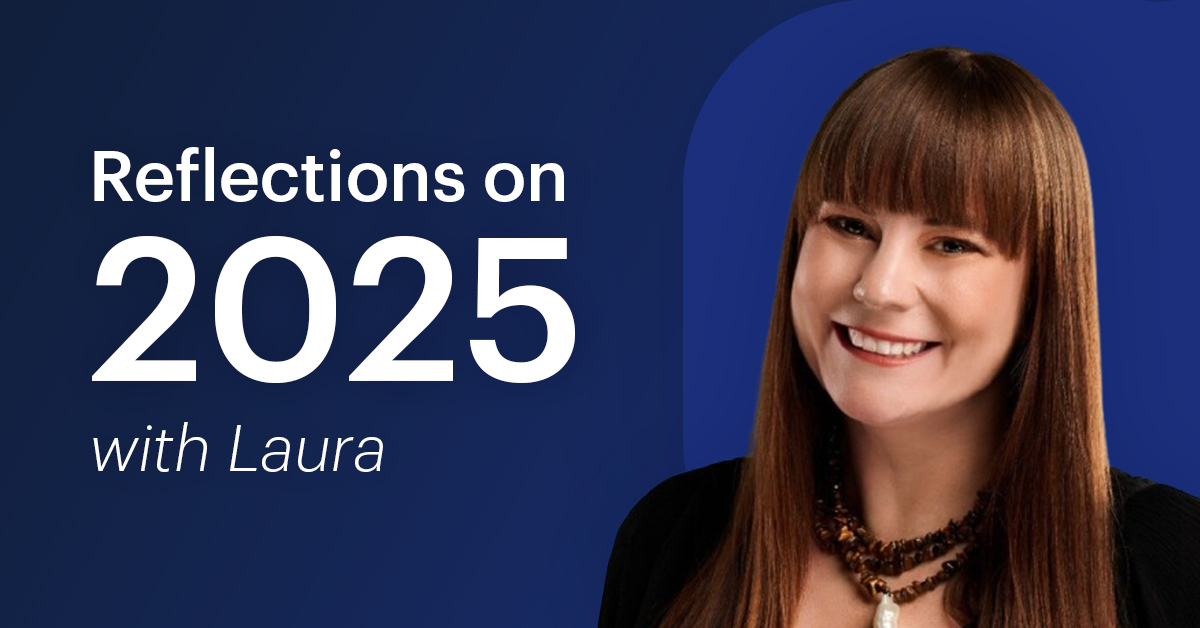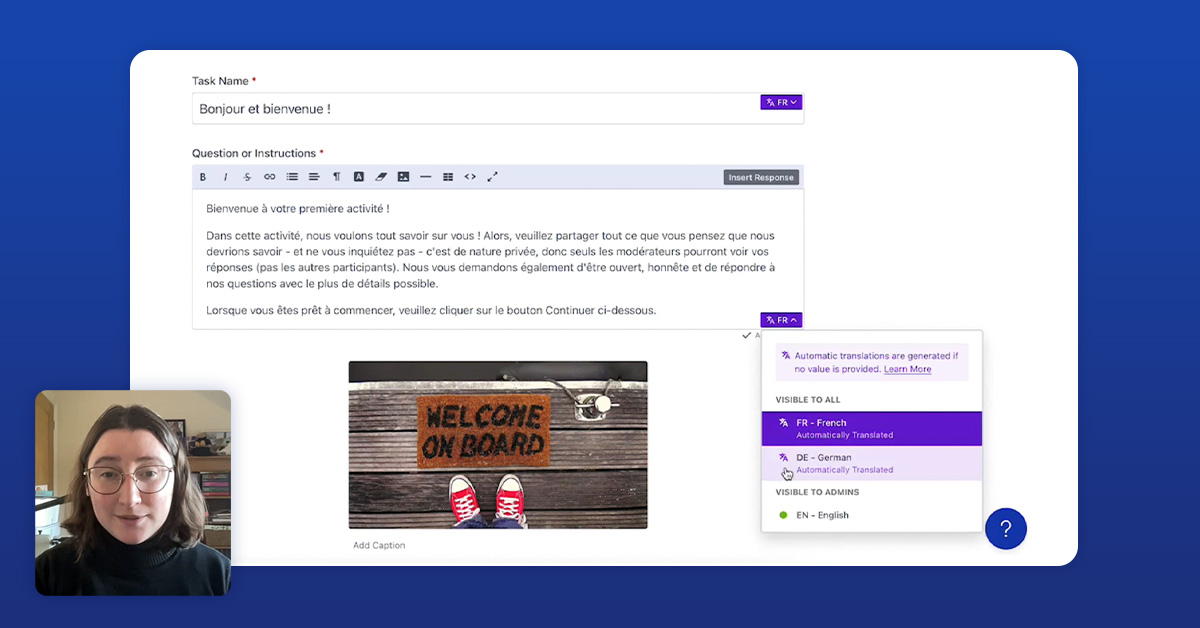Royal Bank of Canada (RBC) wanted to understand the client and advisor journey for a particular line of business within the bank. Recollective was used to gather client and advisor feedback, which in turn supported the development of ideas to improve the overall customer experience.
As a result of this study, the RBC team was able to reduce delivery time for a final solution by 75% and for a fraction of previous costs. The line of business was able to build their strategy and meet their fiscal year budget deadline, avoiding otherwise very lengthy delays to bring the business product to market.
Background
Royal Bank of Canada often uses Recollective to run exploratory research, particularly when the project or team involved has a tight timeline and budget. The platform has been adopted by multiple departments with a range of different business challenges.
Challenge
A business team at RBC needed to understand a particular financial journey – specifically the steps that clients and advisors go through, what the client sees and what goes on “behind the scenes”, and both of their respective frustrations.
After gaining that understanding and mapping the journeys, RBC wanted co-create ideas to solve any frustration that clients and advisors would experience when it was live. The ideation work, like many projects at the bank, needed to be completed with limited time and to a very tight budget. Due to the national reach of the bank, this particular line of business required a national representation of clients and advisors.
Solution
Although this particular RBC team did not have prior experience using Recollective, they decided to experiment and leverage the platform for co-creation. To start, they kept clients and advisors separated during the exploratory phase of the project where they wanted to understand the journey. After that portion was complete, they merged everyone into one live discussion where they were encouraged to collaborate together.
For Advisors, it was a great opportunity to hear client feedback first-hand. For clients, it was an opportunity for them to be heard, not only by “the bank” but also Advisors, who they interact with on a day to day basis.
Conclusion
Knowing that the bank was listening to their feedback and unpacking their ideas was motivating and an added bonus for participating in the study. It created a very positive experience for everyone, enabling 360 degree feedback to be gathered quickly and simply.
I’ll admit I was skeptical about this approach but I learned a lot. We meet with clients all day but rarely do we get the opportunity to truly hear first-hand their feedback and what they want from this experience. To be able to build solutions together is a rare thing in a big organization.
RBC Financial Planner
Following the study, the RBC team was able to turn around a full solution in a quarter of the normal timeline, for a fraction of the cost. The line of business involved was able to build their strategy by the end of the fiscal year and submit their budget before the deadline, avoiding a full year delay if they had kept to their past approach.
The strategy built with feedback from end users led to a stronger plan overall and ultimately a better delivery to customers.







.svg)